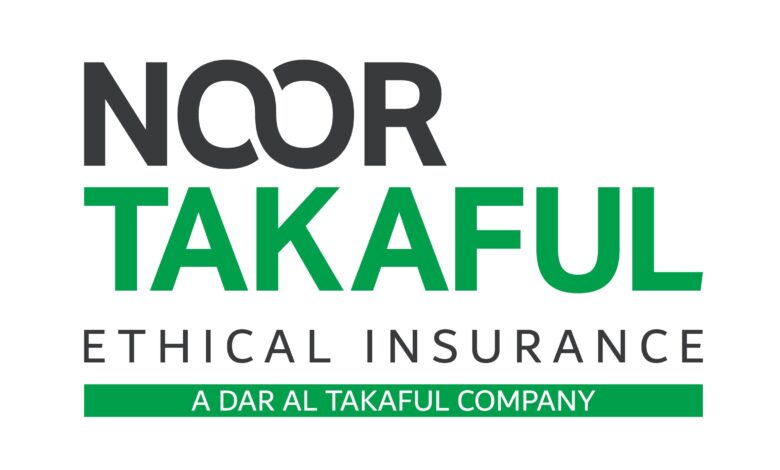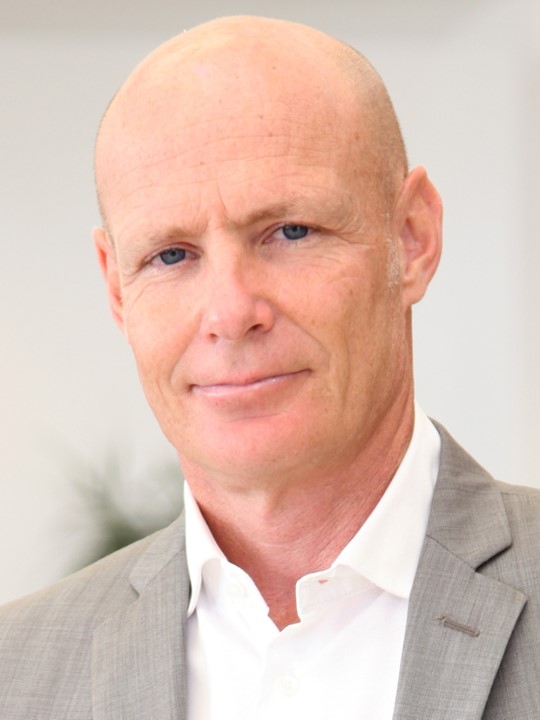Do School Traffic Habits Cause Morning Traffic Jams?

2/3 of students get transported in private vehicles
In October 2020, Noor Takaful | Ethical Insurance and RoadSafetyUAE shared part 1 of the results of the UAE’s ‘first-ever’ car occupancy survey, showing the UAE’s dependency on private cars, which is high on global level at 74% (54% drive themselves + 20% passengers in private cars). The use of public transportation is low on global level at 22% (13% bus, metro + 9% taxis, limos, vans/minibuses). Also low is the use of alternative means of transportation at only 4%.

Part 2 focuses on a key morning rush-hour ingredient namely the UAE school transportation patterns. The dependency on private cars is also extremely high at 66% (36% performing dedicated school runs in private cars + 19% combine school runs with the daily office commute in private cars + 11% state their driver performs dedicated school runs in private cars).
The utilization of other forms of transportation pales in comparison: school bus (16%), taxi/limo/private van (9%), public transportation (6%) and alternative modes of transportation (3%).
In the above mentioned 65% private car use, the number of transported students is low. In almost 80% of cars just one or two students get transported (41% carry 1 student and in 38% carry 2 students).

Rajesh Sethi, CEO of Dar Al Takaful, the holding company of Noor Takaful states: “It is important to teach our children about sustainability and responsibility. These values are also at the core of our company as we embrace corporate social responsibility (CSR) and sustainability principles. In this context we are a bit concerned to see a very high degree on individual traffic and very low utilization of vehicles in school transportation. A high number of vehicles in rush hour can cause traffic congestion and also contributes to avoidable pollution. Ideally, we would like to see more sustainable school transportation as a responsibility show case for our children.”

Thomas Edelmann, Founder & Managing Director of RoadSafetyUAE adds, “We are grateful for the committed support of our CSR-Partner Noor Takaful | Ethical insurance on this important topic. Certainly, the high number of private cars used for school runs and the low utilization with mainly 1 – 2 children on board adds to the morning congestion on UAE roads. From a road safety perspective, we wish for fewer vehicles on the roads and we would like to see more students using school buses, public transportation and alternative forms of transport, where possible. In addition, the society would benefit from reduced air pollution. Just imagine how many private cars a fully filled school bus can take off the road, these buses are operated by certified professional drivers and are equipped with state-of-the-art safety features to safeguard our children and the per capita eco-footprint is much smaller compared to individual cars. We would like to see creative solutions from the stakeholders to move away from individual transportation towards aggregated transportation.”

Steve Burnell, Managing Director of School Transport Services (STS), also a CSR-Partner of RoadSafteyUAE comments from his point of view: “Growth in school bus transportation is critical to the health and wellbeing of our citizens in the UAE. Not only is it a requirement by many parents as the only form of transport to have safe access to schools, it is also a fundamental part of the UAE’s 2030 vision on sustainability, de-carbonation, road traffic and congestion reduction. Continuous engagement with the education sector, parents and students on the benefits of the school bus, and public transport in general, is vital on so many levels with the potential to deliver transformational change linked to health and wellbeing, sustainability and transport development.”
This survey commissioned by Rawdha Al Sakit, Head of Marketing at Noor Takaful | Ethical insurance and RoadSafetyUAE was conducted by a global, online research company in March 2020 with a UAE representative sample of 1,005 respondents.
More details and findings from the study can be found on www.RoadSafetyUAE.com/statistics.




